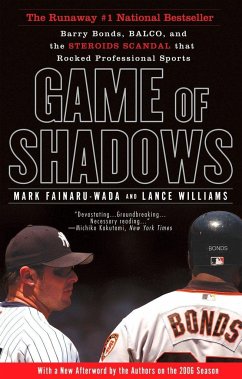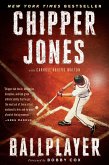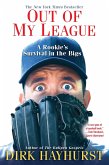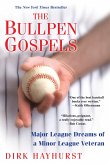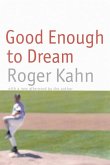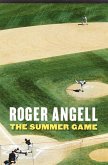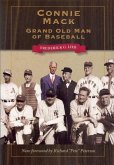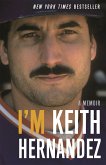In the summer of 1998 two of baseball leading sluggers, Mark McGwire and Sammy Sosa, embarked on a race to break Babe Ruth's single season home run record. The nation was transfixed as Sosa went on to hit 66 home runs, and McGwire 70. Three years later, San Francisco Giants All-Star Barry Bonds surpassed McGwire by 3 home runs in the midst of what was perhaps the greatest offensive display in baseball history. Over the next three seasons, as Bonds regularly launched mammoth shots into the San Francisco Bay, baseball players across the country were hitting home runs at unprecedented rates. For years there had been rumors that perhaps some of these players owed their success to steroids. But crowd pleasing homers were big business, and sportswriters, fans, and officials alike simply turned a blind eye. Then, in December of 2004, after more than a year of investigation, San Francisco Chronicle reporters Mark Fainaru-Wada and Lance Williams broke the story that in a federal investigation of a nutritional supplement company called BALCO, Yankees slugger Jason Giambi had admitted taking steroids. Barry Bonds was also implicated. Immediately the issue of steroids became front page news. The revelations led to Congressional hearings on baseball's drug problems and continued to drive the effort to purge the U.S. Olympic movement of drug cheats. Now Fainaru-Wada and Williams expose for the first time the secrets of the BALCO investigation that has turned the sports world upside down. Game of Shadows: Barry Bonds, BALCO, and the Steroid Scandal That Rocked Professional by award-winning investigative journalists Mark Fainaru-Wada and Lance Williams, is a riveting narrative about the biggest doping scandal in the history of sports, and how baseball's home run king, Barry Bonds of the San Francisco Giants, came to use steroids. Drawing on more than two years of reporting, including interviews with hundreds of people, and exclusive access to secret grand jury testimony, confidential documents, audio recordings, and more, the authors provide, for the first time, a definitive account of the shocking steroids scandal that made headlines across the country. The book traces the career of Victor Conte, founder of the BALCO laboratory, an egomaniacal former rock musician and self-proclaimed nutritionist, who set out to corrupt sports by providing athletes with "designer" steroids that would be undetectable on "state-of-the-art" doping tests. Conte gave the undetectable drugs to 28 of the world's greatest athletes-Olympians, NFL players and baseball stars, Bonds chief among them. A separate narrative thread details the steroids use of Bonds, an immensely talented, moody player who turned to performance-enhancing drugs after Mark McGwire of the St. Louis Cardinals set a new home run record in 1998. Through his personal trainer, Bonds gained access to BALCO drugs. All of the great athletes who visited BALCO benefited tremendously-Bonds broke McGwire's record-but many had their careers disrupted after federal investigators raided BALCO and indicted Conte. The authors trace the course of the probe, and the baffling decision of federal prosecutors to protect the elite athletes who were involved. Highlights of Game of Shadows include: Barry Bonds * A look at how Bonds was driven to use performance-enhancing drugs in part by jealousy over Mark McGwire's record-breaking 1998 season. It was shortly thereafter that Bonds-who had never used anything more performance enhancing than a protein shake from the health food store-first began using steroids. * How Bonds's weight trainer, steroid dealer Greg Anderson, arranged to meet Victor Conte before the 2001 baseball season with...
Hinweis: Dieser Artikel kann nur an eine deutsche Lieferadresse ausgeliefert werden.
Hinweis: Dieser Artikel kann nur an eine deutsche Lieferadresse ausgeliefert werden.

